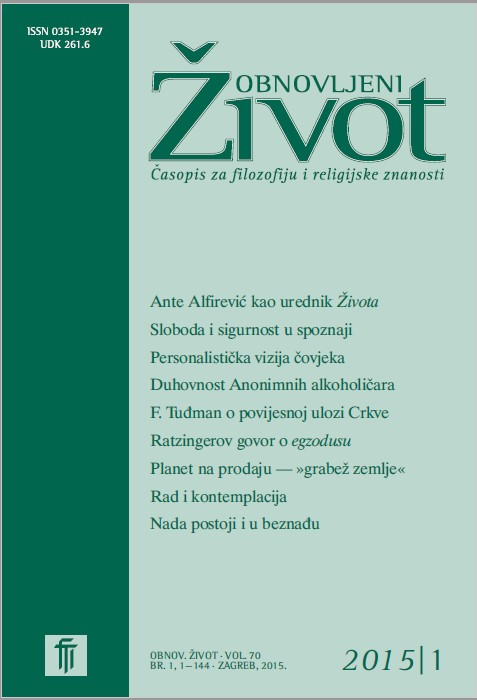Planet for Sale — A Social–Ethical Reflection on the »Land Grab« Phenomenon
Keywords:
land grab, investment, human rights, pension funds, MozambiqueAbstract
In recent years, interest in agricultural land purchases or long–term leasing in developing countries has strongly increased. Foreign investors, either private or governmental, are leading this trend which has been further accelerated by the food supply crisis in 2008. Investors have different motives for their acquisitions: individual states as investors are trying in this way to ensure food security for their own population, private investors see in the purchase or lease of land an opportunity for high profits, while the demand for biofuels further hastens this trend. Supporters argue that these investments will have a beneficial effect on the economic development of the host countries, and that it will significantly increase agricultural production and consequently contribute to ensuring food security at a global level. Opponents accuse investors of »land grabbing« and point out that they are ignoring the rights of local people who live off the land, and at the same time increasingly marginalizing already vulnerable groups such as small farmers, pastoralists and indigenous people who have been chased off their land and left with no means of survival. In this paper we take a critical stance on “land grabbing” from both aspects, utilising available literature and other sources. The analysis on investments in tree plantations in Mozambique can be viewed as an extreme example of ethically unpermissible land investment.
Downloads
Published
Issue
Section
License
Jednom prihvaćeni članak obvezuje autora da ga ne smije objaviti drugdje bez dozvole uredništva, a i tada samo uz bilješku da je objavljen prvi put u Obnovljenom životu. Uredništvo će obavijestiti autora o prihvaćanju ili neprihvaćanju članka za objavljivanje.
Članci objavljeni u časopisu se, uz prikladno navođenje izvora, smiju besplatno koristiti u obrazovne i druge nekomercijalne svrhe.


